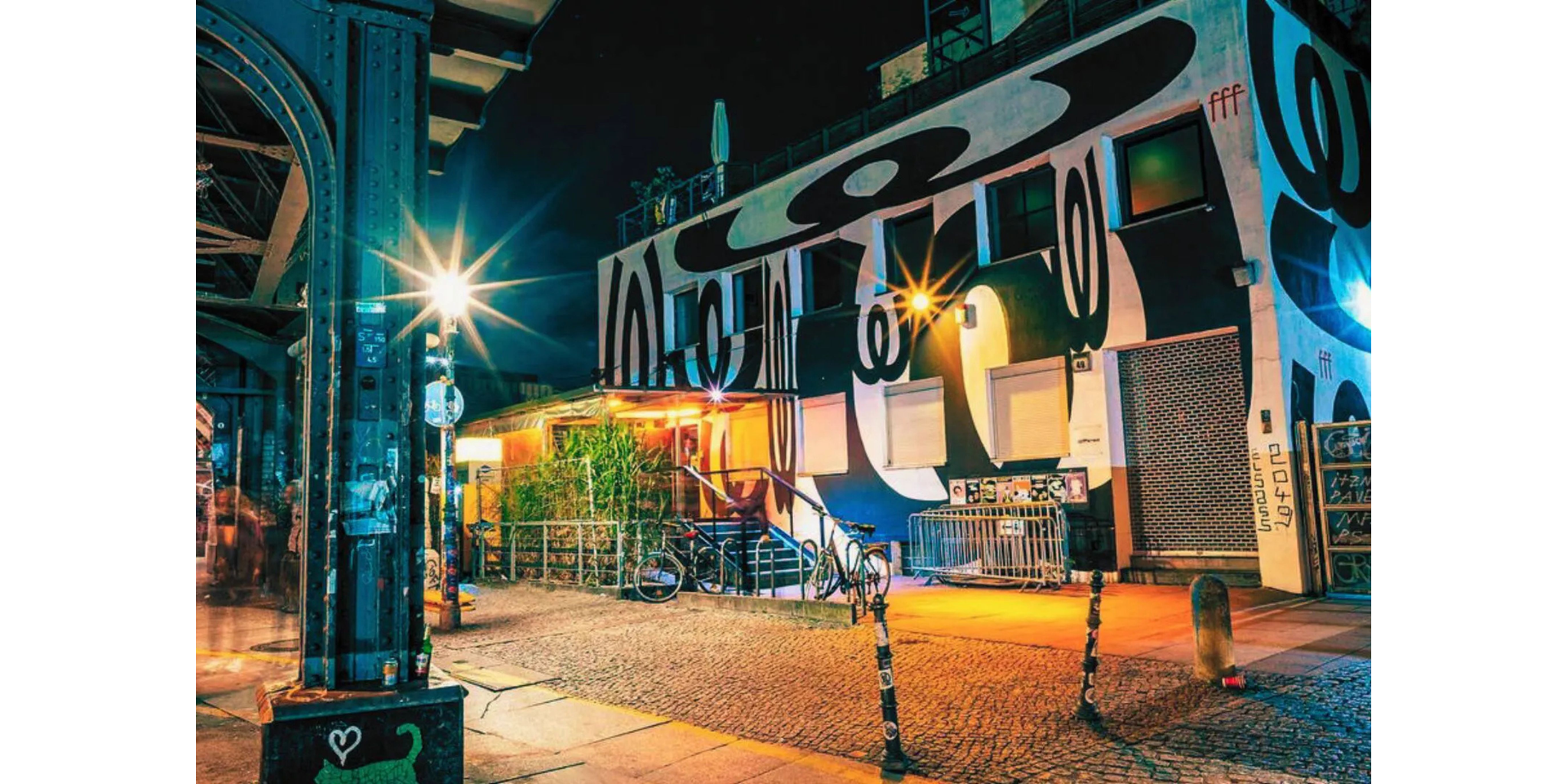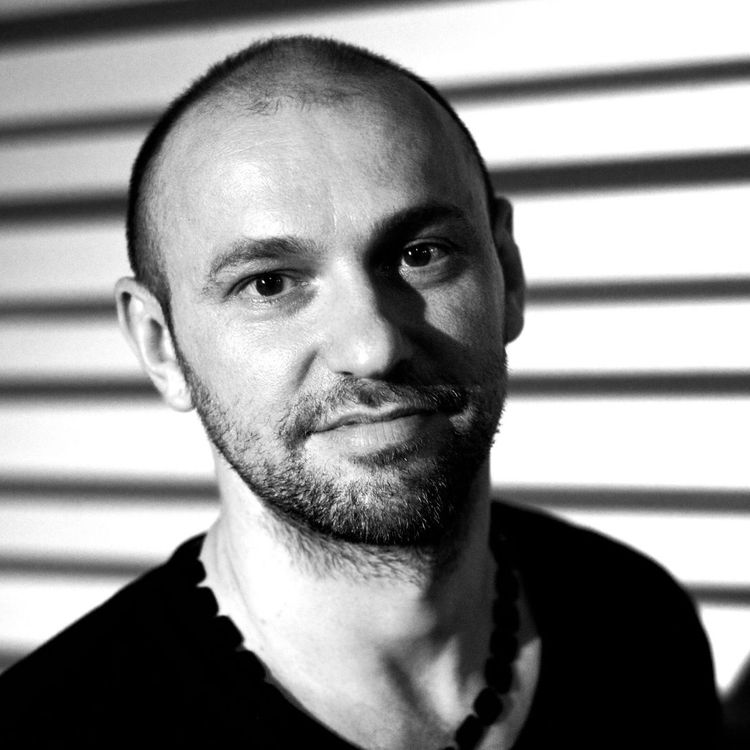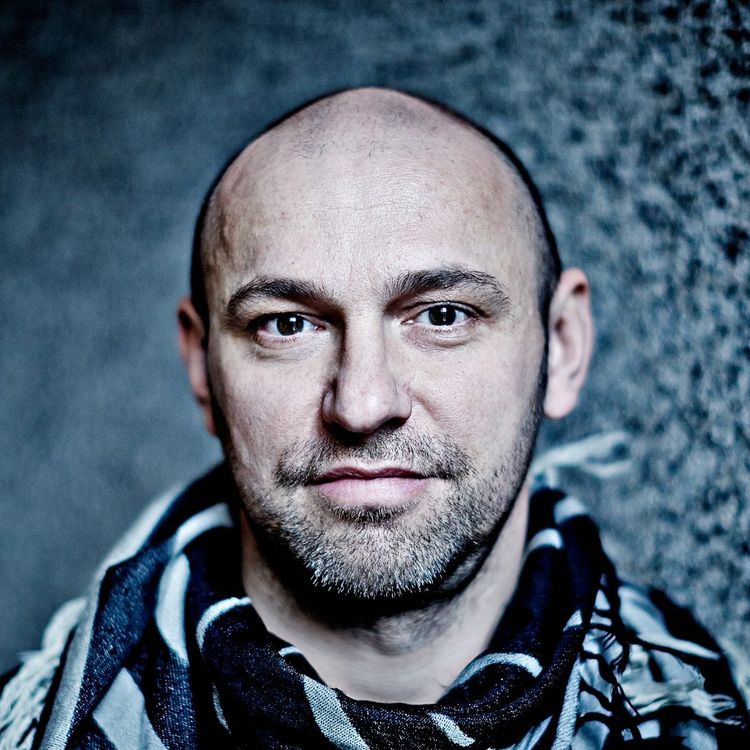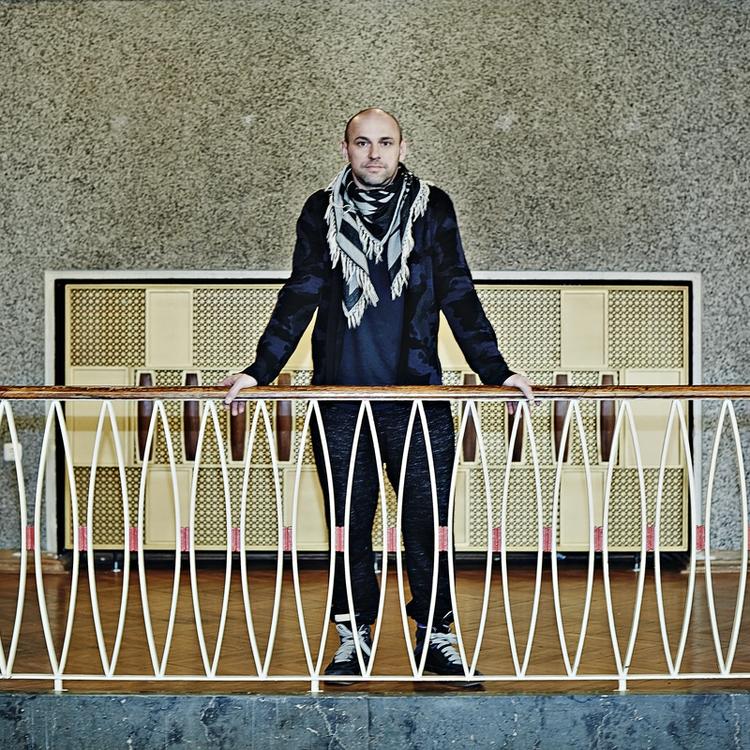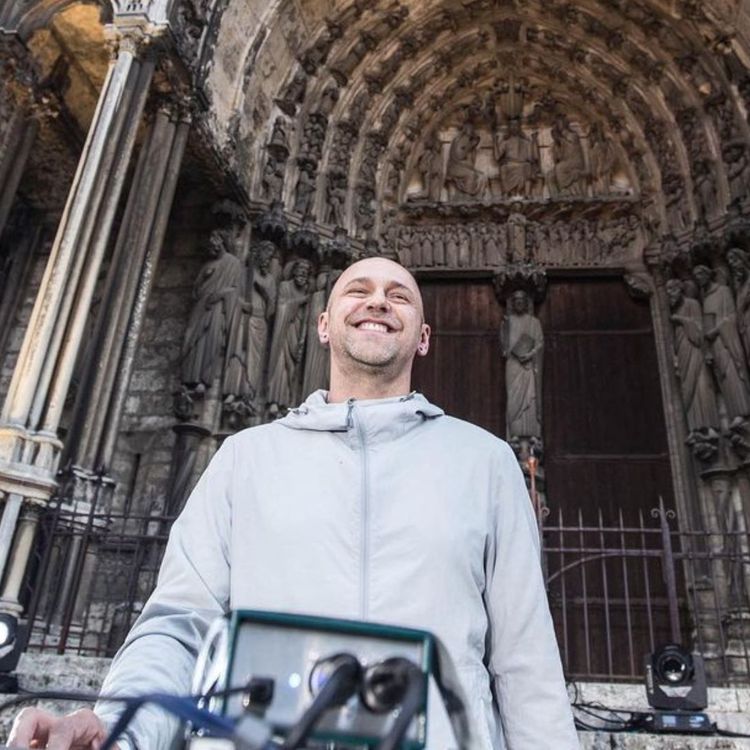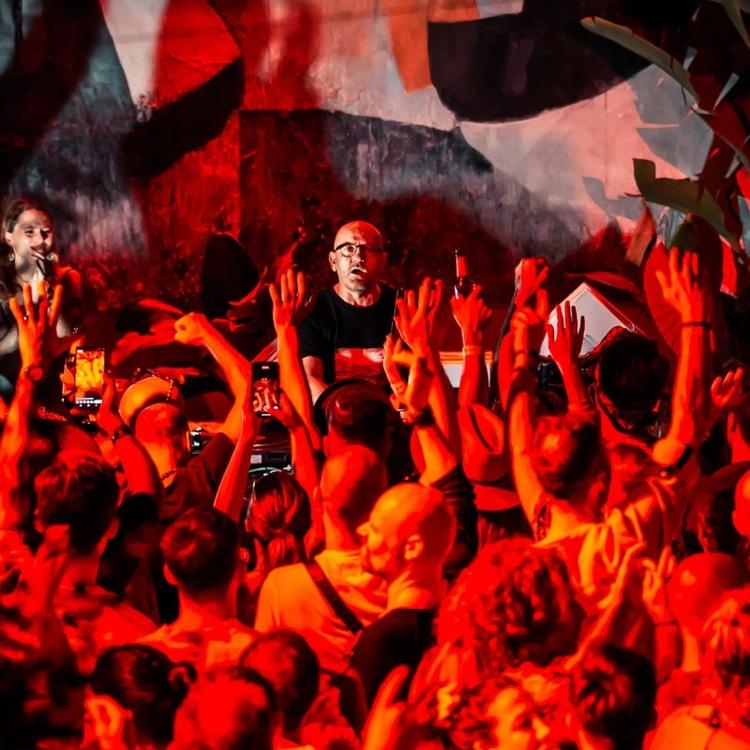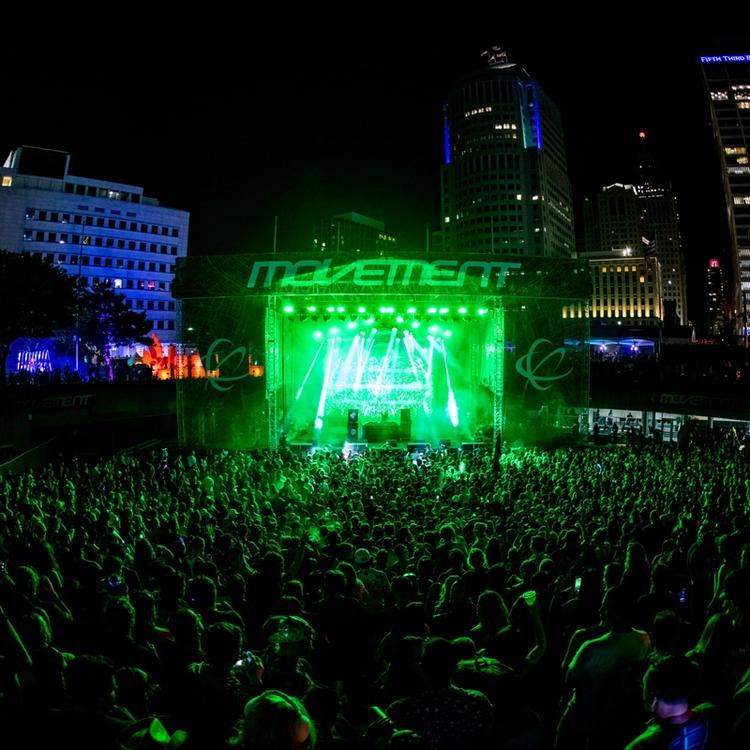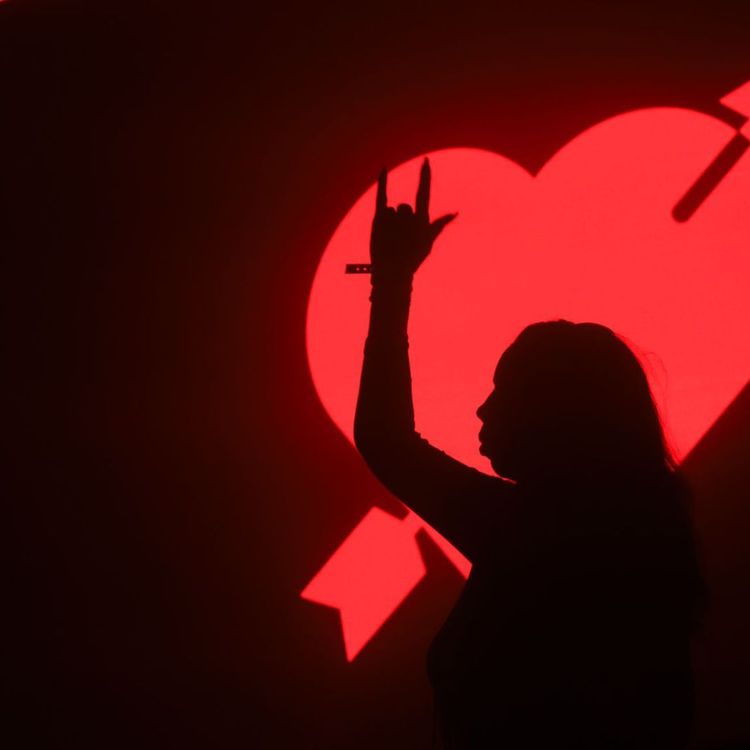The End of an Era: Watergate to Close After 22 Years
For fans of house and techno, Watergate has been more than just a club—it’s been a home. Perched along the River Spree since 2002, its legendary two-story dance floors, floor-to-ceiling windows, and intimate vibe made it one of Berlin’s most celebrated venues. But come the end of 2024, this cornerstone of club culture will shut its doors for good.
The announcement didn’t come with anger or bitterness—just the sobering reality of financial strain that’s caught up with so many of Berlin’s iconic venues. Inflation, the energy crisis, rising rents, and changing clubbing habits have left no room to breathe, even for a venue as deeply ingrained in the city’s nightlife as Watergate.

A Club Like No Other
Watergate’s magic was never about size or hype; it was about creating moments. Whether you were watching the sun rise through the panoramic windows or bouncing to a DJ set so perfectly in sync with the room, the club always delivered that unmistakable Berlin feeling. It didn’t try to be Berghain, and it didn’t need to be. Instead, it thrived as a smaller, unique space where the energy was always just right, and you felt like part of something special.
For years, Watergate has brought in both underground favorites and globally renowned DJs, always staying true to its roots while drawing an international crowd. Its Waterfloor—a room suspended over the river—has hosted sets that stick with you long after you’ve made the hazy trek home.

Berlin’s Identity at Risk
But the closing of Watergate isn’t just about one club. It’s a reflection of a bigger problem facing Berlin. This is a city whose identity has been intertwined with techno for decades. Clubs aren’t just nightlife here; they’re cultural institutions. Spaces like Watergate have long been meeting points for music lovers, artists, and wanderers from around the world—a shared understanding of freedom, sound, and movement under a single roof.

Yet Berlin’s reputation as the “club capital of the world” is looking less secure. Watergate’s co-founder Ulrich Wombacher pointed to the growing popularity of large festivals, where massive crowds flock for weekend experiences. These events pull attention—and money—away from traditional clubs, leaving smaller venues struggling to survive. Add in inflation, soaring energy bills, and landlords demanding higher rent, and you’re left with a scene that’s gasping for air.
In a statement, Watergate’s management didn’t sugarcoat it: “The days when Berlin was flooded with club-loving visitors are over, at least for now, and the scene is fighting for survival.”
It’s a gut punch for those who know how much these spaces mean—not just to Berliners but to anyone who’s ever come to this city in search of its famed club culture.
The Bigger Picture
Since the pandemic, venues have struggled to bounce back. Renate, another beloved club owned by the same landlord as Watergate, shut down last August after 18 years, citing similar financial struggles. It’s no longer enough to have a loyal crowd or an iconic space—when the numbers don’t add up, even the most important cultural hubs can’t keep their doors open.

Berlin’s clubs have always been more than nightlife. They’ve been places where people from all walks of life come together, where music is the language spoken, and where creativity thrives. Losing Watergate feels like losing a piece of what makes Berlin, Berlin.
Going Out in Style
Watergate’s team has made it clear: they won’t let the party end quietly. The club kicked off its farewell series in October, with events running through the end of the year. Now, as New Year’s Eve approaches, they’re preparing for one final blowout with a stellar lineup that includes heavyweights like Alan Fitzpatrick, Charlotte de Witte, Sven Väth, Richie Hawtin, Chris Liebing, Henrik Schwarz, and Recondite—a fitting sendoff for a club that has meant so much to so many.
For now, all we can do is show up, dance hard, and appreciate what Watergate gave us over the last two decades. Because if there’s one thing Berlin has taught us, it’s that every party, no matter how good, must eventually come to an end.
But still, the music plays on—somewhere, somehow.
